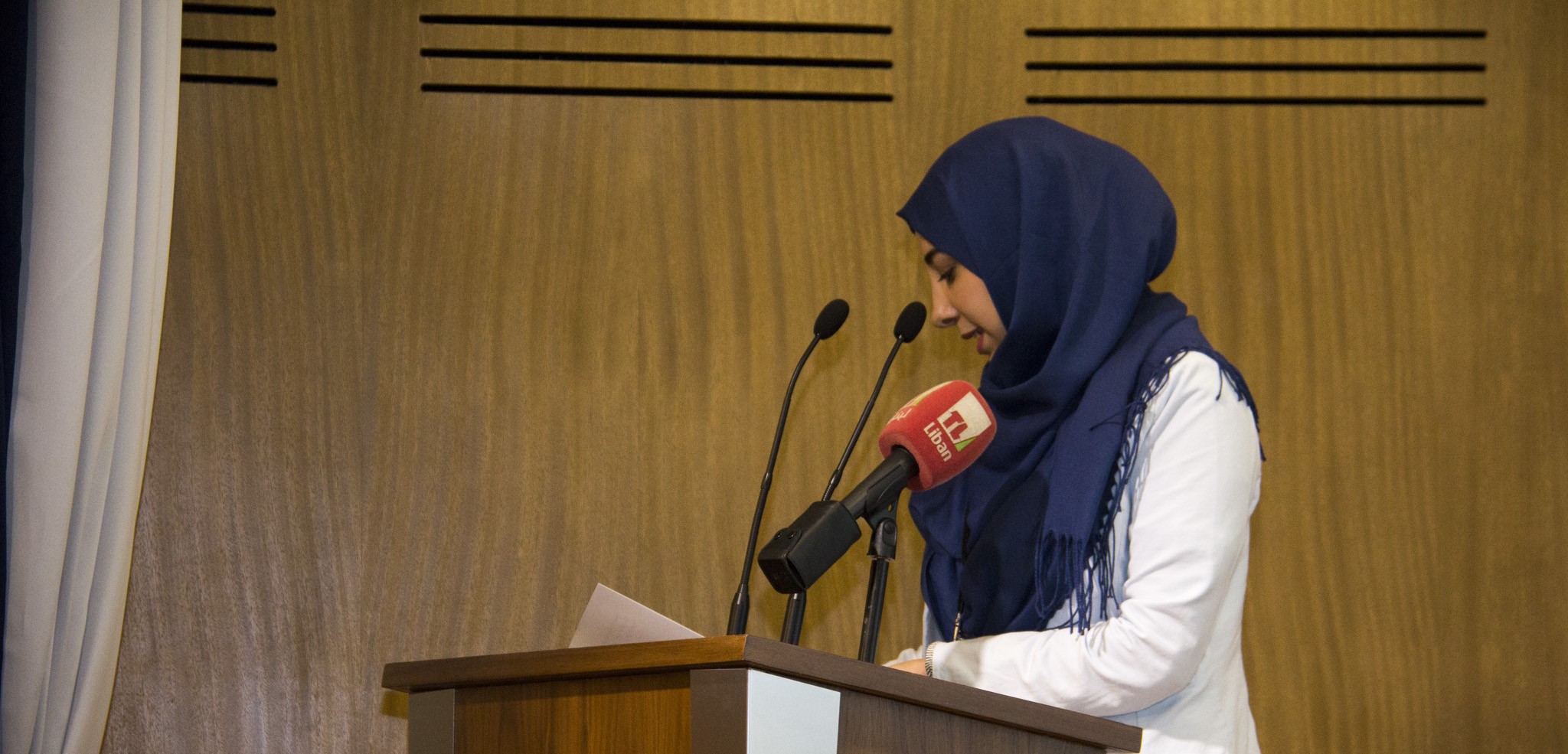- Email: info@b-iu.edu.lb
- Phone: +961-1-706880
- Address: Mouseitbeh Mazraa
|
|

Hannibal Race
BIU Eagles 1st place Ali Aoun in his category 3rd place over all.
HANNIBAL RACE - Urban Edition is an obstacle race with a 1 KM+ (EXCLUDING STAIRS | TOTAL DISTANCE 2.5km) track course: You will run, jump, crawl your way over/through multiple obstacles and mud, cars, steel, barriers, stairs on your way to the finish line!
The course is uniquely designed to test your mental and emotional fitness and push you past your limits. Our races are muddy, creative, and extreme. They will exhaust you and exhilarate you.
ANYONE CAN BE A HANNIBAL WARRIOR !!! The general participants of HANNIBAL RACE - Urban Edition are extreme thrill seekers, strong willed individuals with a giving heart, and possess athletic stature.
Obstacle Course Race

Exhibition
November 9, 2023...
تضمن الحفل حلقتين حواريتين، الأولى تناولت "دور المرأة في الاعلام" شارك فيها وزير الاعلام ملحم الرياشي والثانية موضوع "المساواة بين الجنسين داخل الجامعة وخارجها"، بمشاركة وزير التربية السابق الياس بو صعب وطلاب من الجامعات التي شاركت في المشروع
وتطرق الرياشي خلال اختتام مشروع "هي في القيادة" الذي نظمته جمعية "نساء رائدات" الى دور المرأة في الاعلام، ورأى ان "المرأة أكثر من الرجل مسؤولة عن صناعة الرأي العام.
وقد صرح وزيري التربية والاعلام عن ضرورة وجود المرأة في العمل السياسي ، كما اقترحا عدة أساليب لإشراك النساء في الحياة السياسية ،وبان المرأة هي أساس المجتمع ويجب أن تظهر بصورة السيدة المثقفة القوية في جميع نواحي الحياة.
بداية المشروع (عام 2014) حيث كانت السباقة بين الجامعات لدعم فكرة المرأة في الريادة والداعم الأساسي لطلابها في جميع مراحلهم وصولاً إلى الفوز، حيث خضع الطلاب في البداية لعدة دورات تدريبية بحضور محاضرين من مختلف المجالات الإجتماعية والإعلامية المهمة. قدم من خلالها الطلاب عدد من المشاريع والأفكار التي تدعم المرأة بمواقفها في المجتمع، حيث جرى على اثرهاعدة مباريات وتصفيات للطلاب لتفوز في النهائيات المجموعة من فرع الجامعة المؤلفة من الطلاب: عفاف رواس ،سارة حسون ، وهيام فقيه .
©2025 The International University Of Beirut. All Rights Reserved.